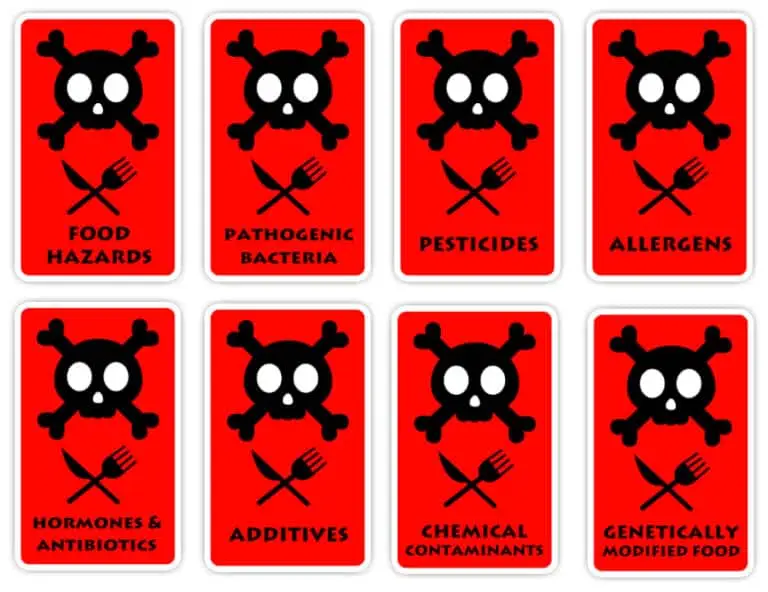A foodborne hazard is any biological, chemical, or physical agent that is present in food and has the potential to cause harm to human health. Foodborne hazards can include bacteria, viruses, parasites, toxins, and physical objects such as glass or metal fragments. They can be introduced to food at any point during its production, processing, packaging, transportation, or storage. Foodborne hazards can cause a wide range of illnesses, from mild stomach upset to severe and even life-threatening conditions. It is important to handle, prepare, and store food properly to reduce the risk of foodborne illness.
The worst foodborne hazards are those that can cause severe illness or death, such as:
- Bacteria such as Salmonella, E. coli, and Listeria
- Viruses such as Hepatitis A and norovirus
- Parasites such as Toxoplasma gondii
- Toxins produced by certain types of bacteria, such as botulism and Staphylococcus aureus
It’s important to handle, prepare, and store food properly to reduce the risk of foodborne illness.

